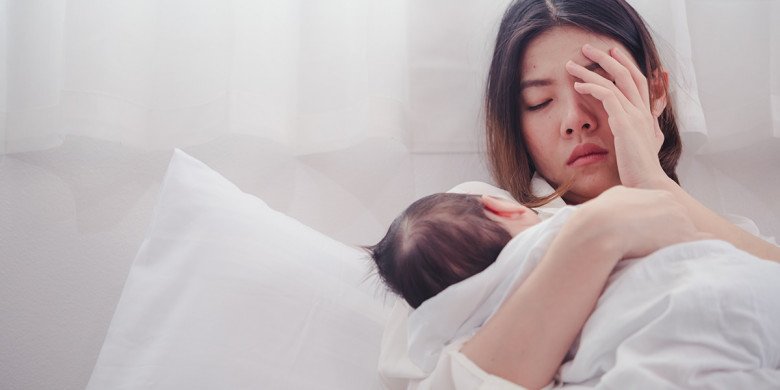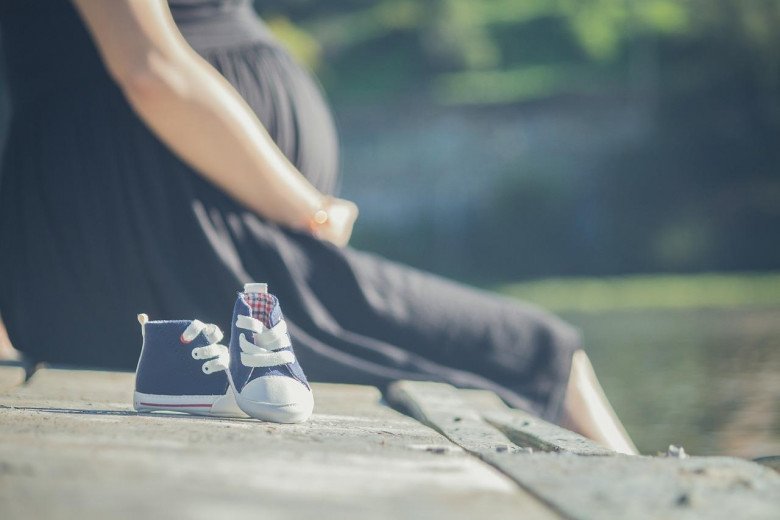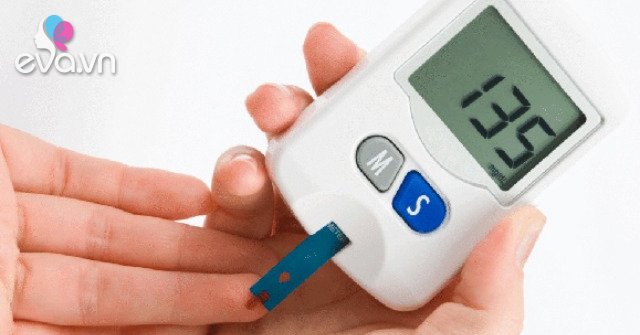Love, worry, pride, and weariness – any mother will tell you that motherhood is a constant juggling process filled with emotional ups and downs. It drains you out one second, and it can fill you with joy the next. Your body goes through tremendous changes during pregnancy. And after your baby’s born, you’ll hardly ever get as much sleep as you’d like – or maybe you’ll have to wait until he’s off to college?
So how can becoming a mother really affect a woman’s body and health, invite you to find out on Mother’s Day today – May 8.
Motherhood – positive effects on women’s health and life
Reduce the risk of breast cancer
In the long run, having children can have significant health benefits. According to the National Cancer Institute NCI, women who have had children are less likely to develop breast cancer. Pregnancy reduces exposure to certain hormones that have been linked to breast cancer. (This has to do with the fact that menstruation stops when a woman becomes pregnant.) The NCI also reports that breastfeeding may reduce the risk of breast cancer because the “maturity” that breast cells undergo to produce milk may prevent these cells from becoming cancerous.
Reduce the risk of cardiovascular disease
Another health advantage for nursing mothers is the reduced risk of cardiovascular disease. A large 2009 study found that mothers who breastfed their babies for at least 12 months of their lives had a lower risk of cardiovascular disease, high blood pressure, high cholesterol, and diabetes than those who never breastfed.
A bigger brain?
You may experience amnesia for the first few months after giving birth (also known as “goldfish brain”), but research out of Canada shows that the part of the brain responsible for spatial memory and learning (hippocampus), actually increasing in size during pregnancy and nursing.
Live longer
Having children can help women live longer. A 2012 Australian study tracked the population of a small town over 16 years. The study found that, despite a slightly increased risk of being overweight, having diabetes or having high blood pressure, women who had given birth had a reduced risk of death over the course of the study.
Research shows that the risk of death is even lower in women with more than four children. The reasons for this effect are not fully understood, but other studies (in Israel and Norway) have shown similar results.
What risks can motherhood bring?
easymore stress
One of the health risks associated with motherhood is stress. Mothers often rate poor health and higher levels of fatigue than women without children. This is especially true if they are single mothers. However, biological nature gives mothers a “kick” to help them cope with that stress.

Oxytocin is a protein that aids lactation during lactation and stimulates contractions during labor. Sometimes called the “love hormone,” this hormone acts as a promoter of tender behavior in both men and women. Moms (and dads) have higher levels of oxytocin, which suppresses cortisol, a hormone released during stressful situations. So life can be more stressful when having a baby, but mothers have coping mechanisms built into them.
Higher risk of obesity
Another health risk of motherhood is the potential for weight gain. A 2005 study published in the Journal of Preventive Medicine concluded that each time a child is born, a mother’s risk of obesity increases by 7%. Finding the right time to exercise and eat isn’t easy for moms, but it’s well worth the effort. A recent report in the journal Pediatrics found that preschoolers’ activity levels were directly related to mothers’ physical activity levels. Children actually learn the good habits of their mothers.
Strange things about being a mother
Bigger feet
Motherhood can do strange things to a woman’s body. The “newly promoted” sisters often complain that they need to buy new shoes. It’s not because they want to shop, but because pregnancy really changes a woman’s feet. A 2013 study found that pregnant women experience a loss of height and stiffness in the arch of their feet, resulting in increased foot length. So pregnant women really deserve a new pair of shoes!

DNA plus
For some women with chronic autoimmune conditions like rheumatoid arthritis, there’s some evidence that pregnancy can actually relieve the symptoms of those conditions. This may be due to the phenomenon of “two-way exchange of fetal and maternal cells”.
This is a condition in which mothers retain some of the DNA of the children they give birth to. This means that many mothers have certain cells from their babies embedded all over their bodies. The presence of these fetal cells in the mother may also protect against certain cancers, including breast cancer.
However, in the case of other autoimmune diseases, such as lupus and ankylosing spondylitis, symptoms can be aggravated by the presence of this “foreign” DNA. In some women, an autoimmune disease like Hashimoto’s thyroiditis or Graves’ disease (common hyperthyroidism) can actually start soon after birth because the mother’s body is attacking the cells of the fetus. located in his thyroid gland.
Nothing is closer than the bond between a mother and her child – so much so that a mother keeps a part of her baby inside her body for the rest of her life! This relationship comes with health benefits and risks, but ask any mom, and they’re sure to say: it’s totally worth it!
at Blogtuan.info – Source: Eva.vn – Read the original article here





